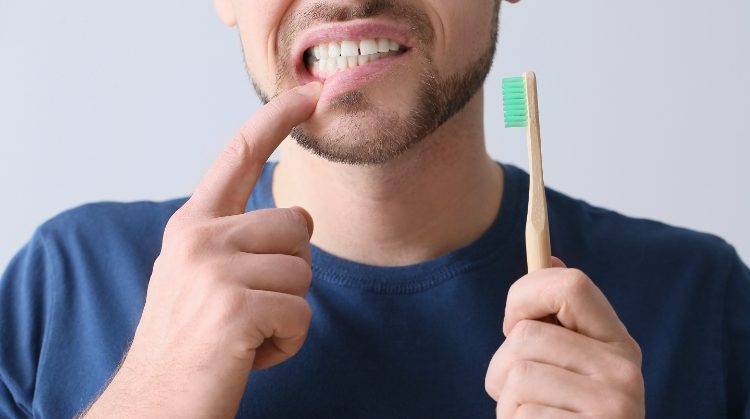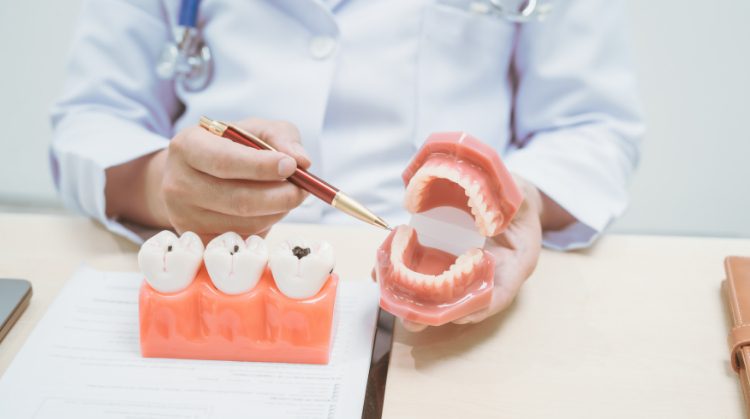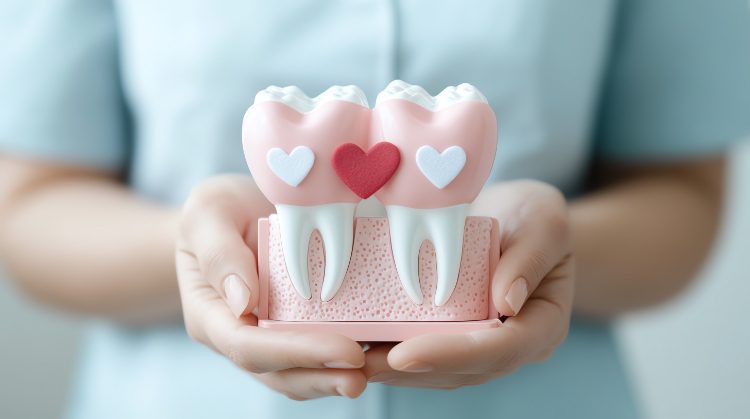
The body experiences many changes as we age. These changes aren’t just seen on our skin or felt inside our body – they are also experienced in the mouth. Sometimes these changes are visible and sometimes they are not, such as when nerves begin to become smaller and the teeth become more sensitive to cavities and other dental problems.
The need for proper dental hygiene, as well as regular dental examinations, becomes even more important as we grow older. Doing the right things may help prevent tooth loss and dental problems so you can feel good throughout your adult life.
Quick Tips for Proper Dental Health
Along with regular dental visits for routine examinations and cleaning, adults should try and maintain proper oral hygiene. Some things you must do include:
- Brushing twice every day (soft bristles or an electric toothbrush can help)
- Flossing once every day with floss or a flossing tool
- Cleaning your dentures every day and removing them for at least four hours each day
- Drinking tap water, because it contains more fluoride and may help prevent tooth decay
- Avoiding smoking as it can put you at risk of gum disease, tooth decay, tooth loss, etc.
Dental Caregiving for the Elderly and Disabled
Proper dental hygiene, as well as healthy lifestyle choices, can help you maintain perfect dental health no matter what your age. This is regardless of whether you wear dentures, have implants or still rock your natural teeth.
If you have to care for an adult or a disabled loved one (could be a spouse, parent, relative, friend, etc.) who needs help with maintaining their dental health, there are two important things you have to focus on:
- Helping them brush and floss daily to keep their mouth clean and oral hygiene on track
- Getting them to visit the dentist regularly so we can look out for any potential problems and catch them sooner rather than later
All of these may seem easy, but they can become quite challenging as we age. If your loved one finds it challenging to brush or floss regularly, you may consider talking to a dentist for help. Some dentists are still able to provide specialized care for the elderly and disabled.
You also should not overlook dental issues while you’re dealing with other health issues. Leaving dental health compromised may have serious consequences on general health and well-being.
For more information about oral hygiene and dental care for the elderly or to schedule an appointment, call us today at 425-366-8246.



